Many people have difficulty accepting their weaknesses and the points at which they stand to improve. But acknowledging one’s personal strengths can often be just as hard, if not harder than shining a light on one’s weaknesses.
That, in part, may account for the reason people balk at accepting leadership roles. It may not be easy to imagine oneself as a leader if one’s models seem hyper-competent and like they’re naturally born for the part. There’s also the added fear of being seen as arrogant and opportunistic, no matter how solid one’s track record is and how much personal integrity they have.
Nevertheless, it may be time for you to examine what you’re truly capable of at your work and to take a chance on accepting a leadership role. You may not know it now, but your willingness to step up may be just what both you and your organisation need.
Being honest about your current talents and experiences will serve not only you, but also the people and the cause that you’ve grown to love. Today is as good a day as any to confront impostor’s syndrome and to think about what awesome new possibilities may lie ahead for you as a leader.
To help you determine whether you’re ripe for the role, here’s some insights from Ross Judd. Ask yourself the following questions before you take the plunge and say yes to a leadership position:
Am I Actually Ready to Be a Leader?
The very first question you should ask yourself is whether you’re actually ready to step up. There’s more to being a leader than earning a high salary, holding authority over people, and having access to favourable career opportunities. Accepting your new role also means accepting accountability, being responsible for mistakes as well as successes, and making sacrifices that you didn’t have to make in your old role.
Knowing that, remember that there’s nothing wrong with acknowledging that you’re not yet ready to lead. You shouldn’t accept the role just because you feel like it’s what everyone else wants or what’s logically expected of you at this juncture in your career.
But if it seems like you’re widely trusted for your competence, people skills, and knowledge of your organisation’s culture—and that realisation ultimately makes you happy—take this as a sign that you’re prepared to be a leader.
Would I Enjoy a Leadership Role More Than My Current Role?
It’s also important to ask yourself whether you’d genuinely enjoy the role of a leader over that of a specialist or individual consultant. You may already be satisfied with your current role in the organisation, and again, that’s perfectly OK.
However, if the prospect of leading others excites you because it means working with new people, growing your talents, doing wonderful new things for your company, and breaking the ceiling you may have imagined for your career, go on ahead into a new chapter of your professional life.
What Kind of Leader Do I Want to Be?
If you’re leaning towards saying yes to a leadership position, you may already be thinking about how you’d behave in the role. Is it generative for you to think about which positive qualities you want to bring out in yourself and your teammates? Are you already wondering about how to motivate your teammates and how to engage your office through a strengthened work culture?
As mentioned above, your excitement and your earnest desire to think these things through are green flags. The idea of leadership may be igniting a fire within you—and this fire could spark new vigour in everyone else who’ll be working with you.
What Kinds of Outcomes Do I Want to Help My Team Achieve?
On top of the leadership qualities you want to exude, you may already be thinking of practical things like achievable outcomes. Do you feel capable of coming up with new plans, and are you looking forward to executing them?
They say that the best leaders have a vision, and we at Team Focus PLUS have found that to be true. Organisations value leaders who have clear ideas about how to implement change. With this in mind, someone who’s comfortable about putting solutions forward may soon fall into stride in their new responsibilities.
How Will I Confront the New Challenges I Face as a Leader?
Someone who’s not ready for a leadership role will get exceedingly nervous about things not going their way and will hesitate to visualise the most difficult scenarios in their leadership journey. Conversely, a leader-in-the-making knows to acknowledge challenges and to ask questions like these:
- What aspects of my past experiences can I bring to the table?
- Who can I work with to solve imminent problems in our organisation?
- What risks will I end up taking, and how will that affect me as well as the people around me?
- What difficult situations will I have to prepare for, and how do I do so?
Have these already popped up in your mind? If so, your organisation likely needs someone like you at the helm.
Work with Ross Judd and Bring Out the Leader in You
You don’t have to fit your preconception of the “perfect leader” to be able to truly lead your own team. Don’t forget that good leadership is something that can be learned and practised, and that there are several ways that you can learn to be an effective leader.
It may be one of the best decisions you’ll ever make to think creatively about what being a leader entails—and to step forward when you know that you’re ready. Work with Ross Judd today and equip yourself with the skills to make a positive impact in a new leadership role.
If you want to know more, call us on 1300 551 274 or send an email at team@teamfocusplus.com. We look forward to hearing from you.





